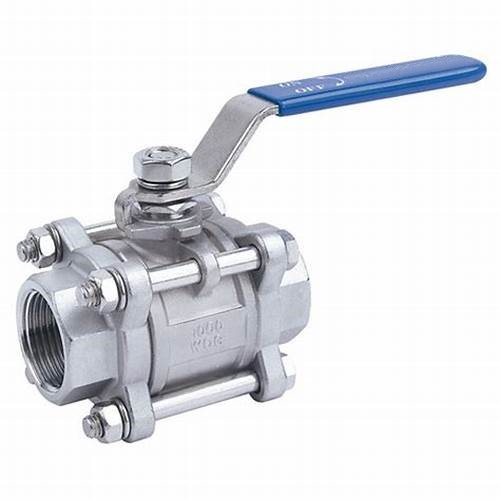Fuel Oil Control Valves for Efficient Flow Management in Industrial Applications and Systems
Understanding Fuel Oil Ball Valves Function and Importance
Fuel oil ball valves play a critical role in various industrial applications, particularly in systems dealing with fuel oil, oil-based products, and other efficient fluid transport systems. These valves are designed to control the flow of fluids, making them essential components in pipelines, storage facilities, and transport systems.
What are Ball Valves?
A ball valve is a type of quarter-turn valve that uses a hollow, perforated, and pivoting ball to control the flow of fluid through it. When the valve is open, the ball's hole is aligned with the flow direction; when closed, the ball is rotated 90 degrees to block the flow. This simple yet effective mechanism allows for quick operation and minimal flow resistance, making it ideal for various applications, including fuel oil systems.
Design and Construction
Fuel oil ball valves typically consist of several key components, including the body, ball, stem, seat, and actuator. The body is often made from robust materials such as stainless steel or brass, allowing it to withstand the corrosive properties of fuel oil. The ball itself is usually coated to enhance its resistance to erosion and wear, ensuring longevity in harsh environments.
The design of the valve is critical for ensuring leak-proof performance and preventing contamination of the oil. A well-designed sealing system around the ball and seat ensures that the valve maintains a tight seal when closed. This is particularly important in fuel oil applications, where leakage can lead to significant safety hazards and environmental concerns.
fuel oil ball valves

Operational Benefits
One of the main advantages of fuel oil ball valves is their ease of operation. They can be turned on or off with a simple quarter turn, allowing for rapid control of flow. This feature is especially beneficial in emergency situations where quick response is necessary to prevent spills or leaks. The low pressure drop across the valve also contributes to its efficiency in fluid transport, reducing the energy required to move fuel through the system.
Additionally, ball valves are renowned for their durability and resistance to wear, making them suitable for operational environments that experience extreme temperatures and pressures. The ability to operate effectively under these conditions is essential for fuel oil systems, which often involve significant fluctuations in temperature and pressure.
Maintenance and Inspection
While fuel oil ball valves are designed for durability, regular maintenance and inspection are crucial to ensure their optimal performance. Operators should routinely check for signs of wear or damage, especially to the seals and ball surface. Lubrication of the stem and other moving parts can help maintain smooth operation and prevent jamming.
In conclusion, fuel oil ball valves are indispensable components in the management of fluid systems. Their design, operational advantages, and reliability make them essential for maintaining efficient and safe operations in various industrial applications. As industries continue to advance, the importance of ensuring these valves are correctly maintained and utilized will only grow, reinforcing their role in a sustainable and efficient future. Whether in energy production, transport, or storage, fuel oil ball valves remain a cornerstone of effective fluid control, highlighting the significance of proper equipment in industrial operations.
-
3-types-of-check-valves-maintenance-tipsNewsAug.23,2025
-
ball-valves-types-with-trunnion-mounted-designNewsAug.23,2025
-
butterfly-valve-company-production-capabilitiesNewsAug.23,2025
-
fisher-globe-valve-technical-specificationsNewsAug.23,2025
-
types-of-gaskets-for-flanges-selection-guideNewsAug.23,2025
-
wedge-gate-valve-suppliers-quality-standardsNewsAug.23,2025
-
Breakthrough in Domestic Low Temperature Valve Technology in ChinaNewsAug.18,2025




